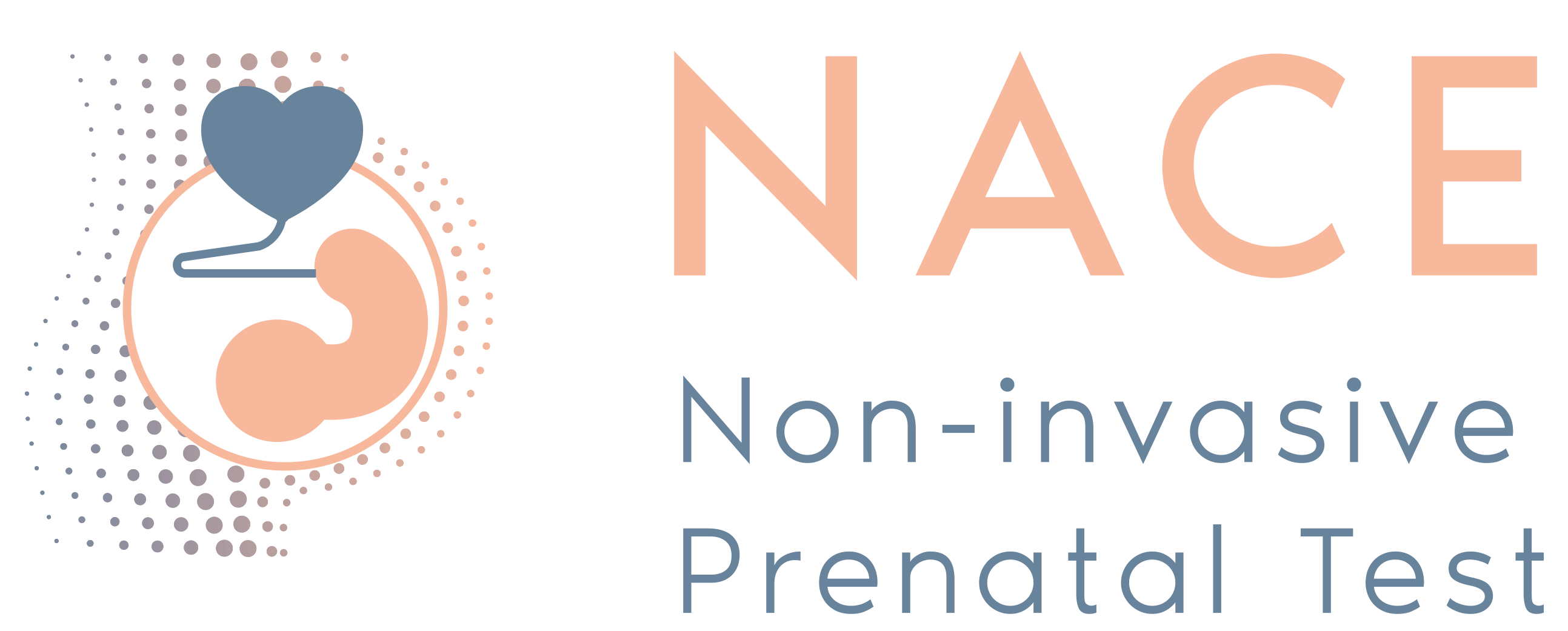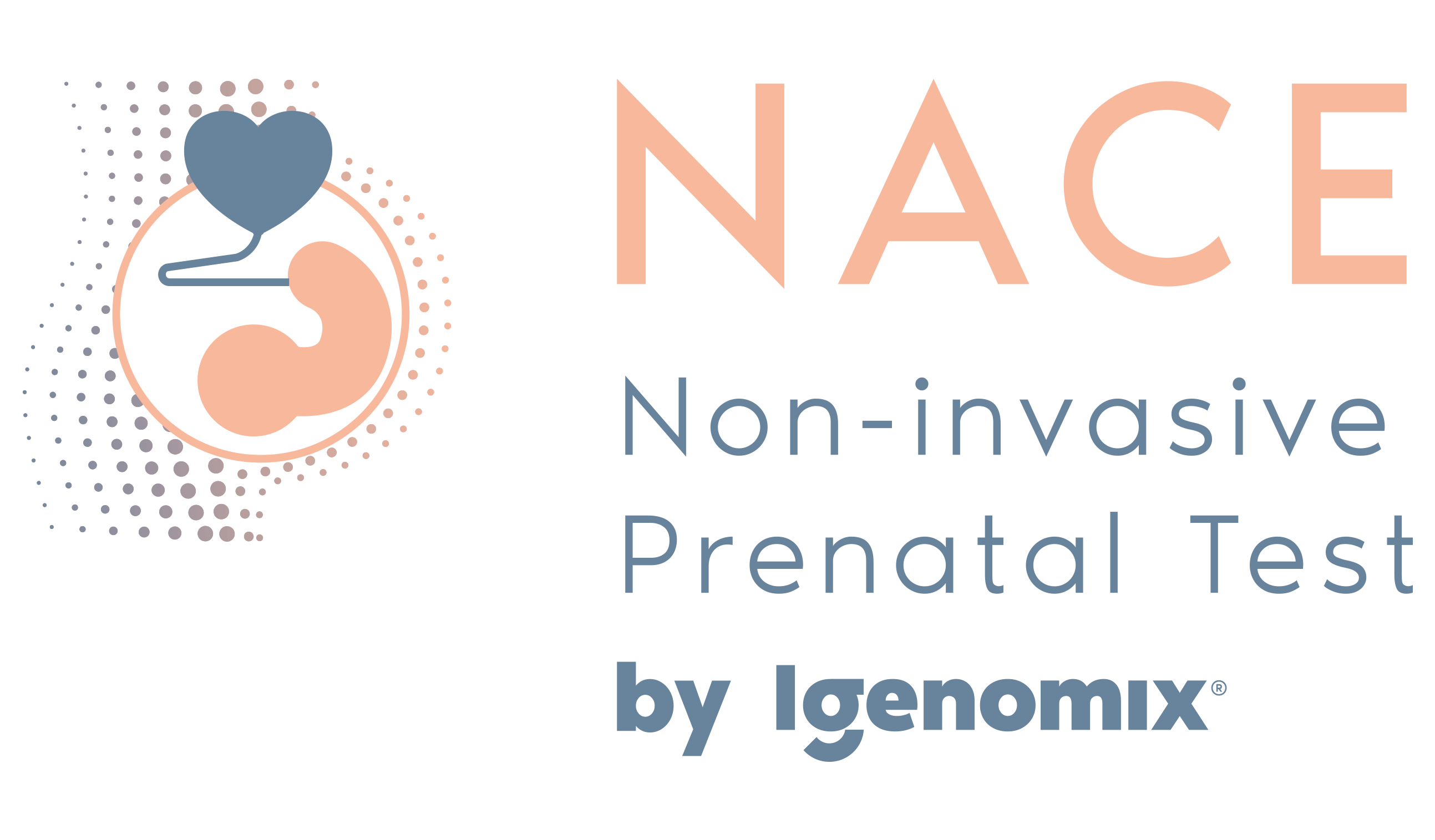Angelman syndrome is a complex genetic disorder that affects the nervous system and causes delayed development. This is caused by the absence of the expression of genes found on the 15q11.2–q13 region of the maternal-origin chromosome 15. The prevalence is estimated at 1 in 12,000-25,0000 births. Life expectancy is normal.
Babies with this syndrome are apparently normal at birth, but sometimes have feeding problems in the first months of life and show a noticeable delay in development by 6 to 12 months. Children with Angelman syndrome usually express happiness and often show an excitable behavior.
Most frequent clinical findings in patients with Angelman syndrome (region 15q11.2–q13):
- Small head
- Facial dimorphisms
- Developmental delays
- Serious intellectual deficit
- Epileptic crises
- Speech impairment
- Motor system difficulties
- Hyperactivity
- Sleep problems
Additional information
Angelman.org – Angelman Syndrome Foundation.

